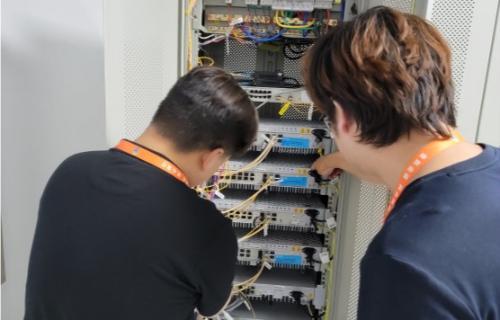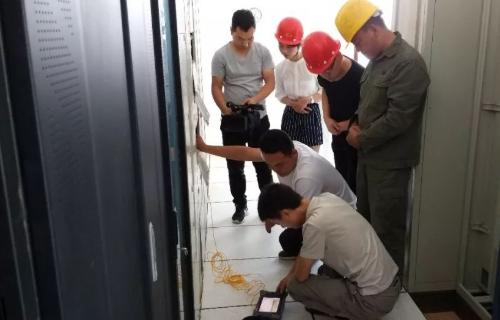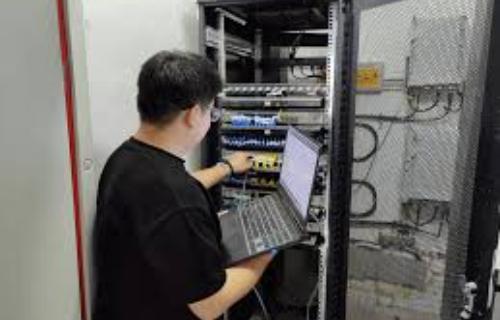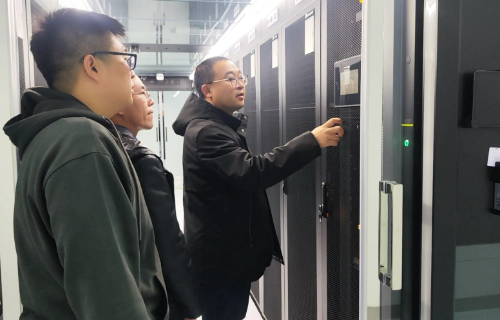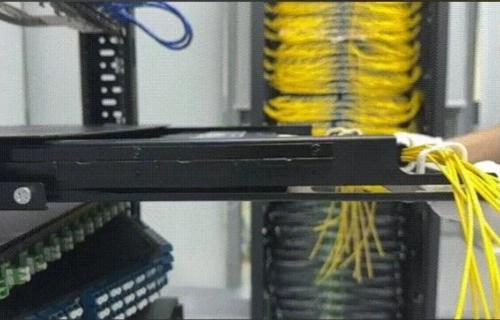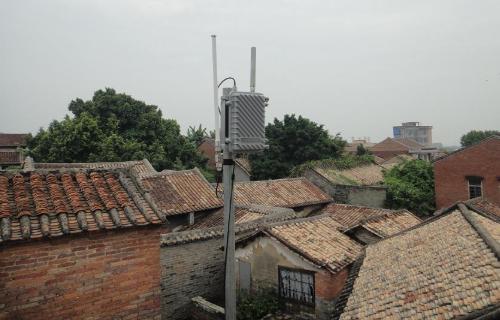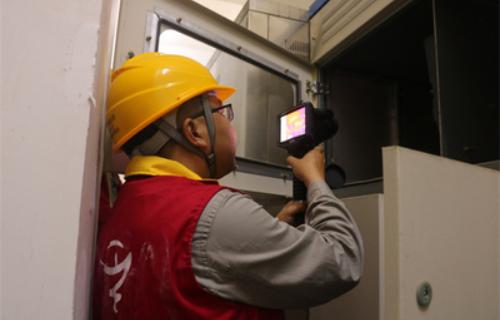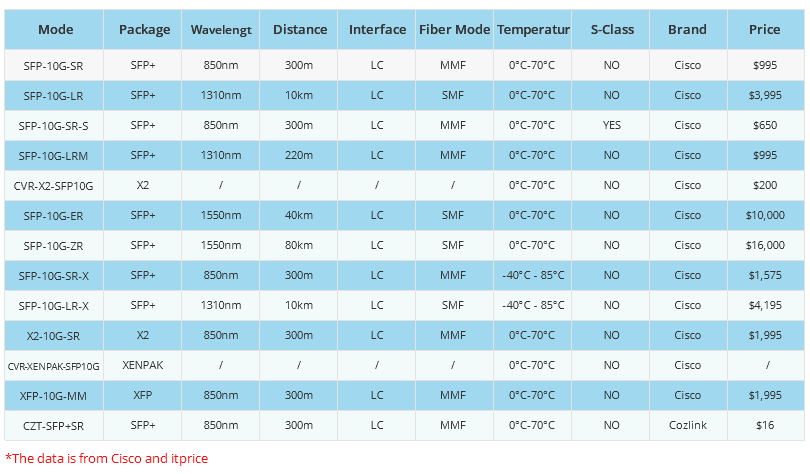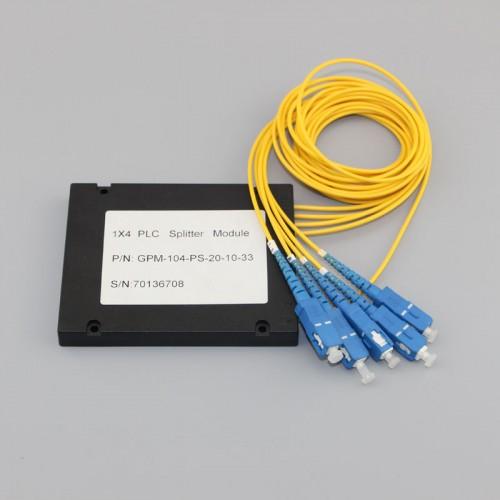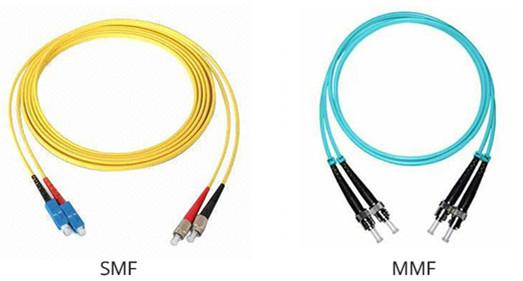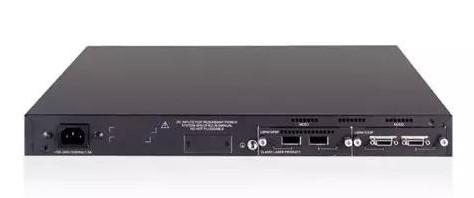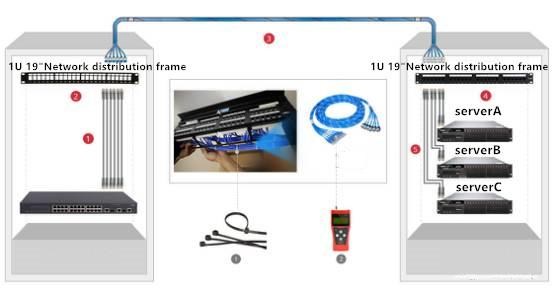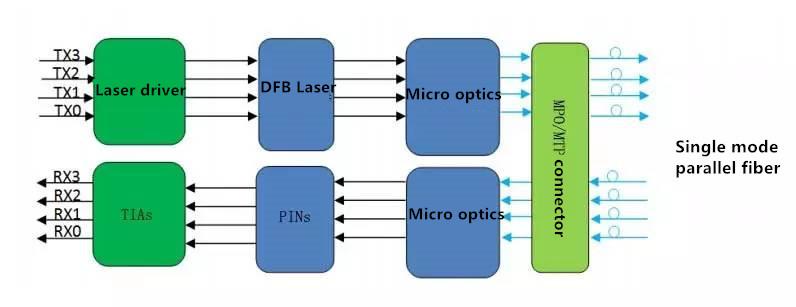- Related articles
- Apply to 1000BASE-LHB Standard Optical Transceiver Models
- All Cisco XFP-10GLR-OC192SR's information (List price, Specs, Datasheet PDF, Compatibility
- Optical Transceivers for Cisco WS-C3650-24PS-S-RF Switch
- Optical Transceivers for Cisco SG350XG-24F-K9-EU Switch
- All Cisco CWDM-SFP-1590's information (List price, Specs, Datasheet PDF, Compatibility mat
- What is GPON and EPON
- Optical Transceivers for Cisco SG550XG-24F-K9-EU Switch
- All Cisco QSFP-40G-CSR4's information (List price, Specs, Datasheet PDF, Compatibility mat
- All Cisco XENPAK-10GB-LR's information (List price, Specs, Datasheet PDF, Compatibility ma
- What is PCI Express SSD?

As a new technology, the Software Definition Network (SDN) also derives a number of terms and protocols. This tutorial will introduce some of the basic terms and protocols associated with it to help people better understand the Software Definition Network (SDN).
About the Software Definition Network (SDN)
Software Definition Network (SDN) is composed of a variety of network technology, with flexible and agile features, it is a programmable network, mainly through the OpenFlow technology to meet the needs of the deployment or follow-up needs to change the network settings. Different from the traditional network, the Software Definition Network (SDN) separates the control panel of the network device from the data panel. Therefore, the enterprise can modify the network architecture as the upgrade and installation software to meet the requirements of the enterprise to adjust, expand or upgrade while the underlying switches, routers and other hardware without the need to replace, saving a lot of cost at the same time, and the network architecture iterative cycle will be greatly reduced. The following figure is the basic structure of the Software Definition Network (SDN).
.jpg)
Related terms of software-defined networks (SDN)
The emergence of any new technology is bound to derive many of the relevant terms, software definition network (SDN) is no exception, a reference to the software-defined network (SDN), the following terms will inevitably occur frequently:
Software Definition Network (SDN): Software Definition Network (SDN) can build an open and programmable network environment, which to achieve centralized control and management of the network through the virtualization of the underlying network resources.
Software-defined local area network (SD-LAN): a software-defined network-based LAN that creates a flexible, cost-effective wireless and wired access network.
Software Definition Wide Area Network (SD-WAN): A software-defined network-based WAN that is commonly used to connect enterprises with large regional spans and their data centers.
OpenFlow: OpenFlow is a protocol that configures flows, flowtable, and TCAMs.
OpenDaylight: OpenDaylight is an open standard controller led by the Linux platform.
OpenStack: OpenStack is an open source cloud operating system used to create and manage cloud resources.
CloudStack: CloudStack is an open source cloud computing software used to create, manage and deploy cloud services infrastructure.
Orchestration: Orchestration is a system that automatically creates, initializes, coordinates, and manages the physical and virtual resources required to deliver cloud services.
OSS: OSS is a short-term operational support system that helps service operators monitor, analyze and manage telephony or computer networks.
SDN Controller: The SDN controller is an application program in the Software Definition Network (SDN) that is responsible for traffic control to ensure intelligent networks. It is based on protocols such as OpenFlow, allowing the server to tell the switch where to send the packet.
Whiteboard switch: also known as OpenFlow switch, is a pre-installed third-party network operating system, consumer switch hardware.
Network Function Virtualization (NFV): a concept of network architecture, the use of virtualization technology, the network node class function, divided into several functional blocks, respectively, in a software implementation, no longer limited to the hardware architecture.
Software-defined network (SDN) related protocols
The most common protocol of software Definition Network (SDN) is OpenFlow, but in addition to OpenFlow, the following protocols can also be used for Software Definition Network (SDN).
OpenFlow Protocol: OpenFlow is the first generation standard protocol for Software Defined Network (SDN), which defines an open protocol that allows the SDN controller to interact with the forwarding platform of a network device. NETCONF protocol: defined by RFC 6241 to replace the command line interface (CLI), Simple Network Management Protocol (SNMP), and other proprietary configuration mechanisms. The management software can use the NETCONF protocol to write configuration data to the device, or to retrieve data from the device.
OF-Config protocol: The OF-Config protocol is a protocol that configures an OpenFlow switch. Its main functions include configuring multiple controller information, configuration, and allocation of resources such as ports and queues, and status changes such as ports. TheXMPP Protocol: XMPP is a protocol based on a subset of the standard common markup language XML, which inherits the flexible development in the XML environment.
OpFlex protocol: it is an OpenFlow protocol alternatives introduced by Cisco (Cisco). The OpFlex protocol is designed to maintain network infrastructure hardware as a basic control component for programmable networks.
Conclusion
The Software Definition Network (SDN) provides a high degree of programmability that makes network expansion, system design, and management easier. This tutorial only covers some of the basic terminology and protocols of the Software Definition Network (SDN). As a new technology, there is more knowledge to be explored in the Software Definition Network (SDN).








































